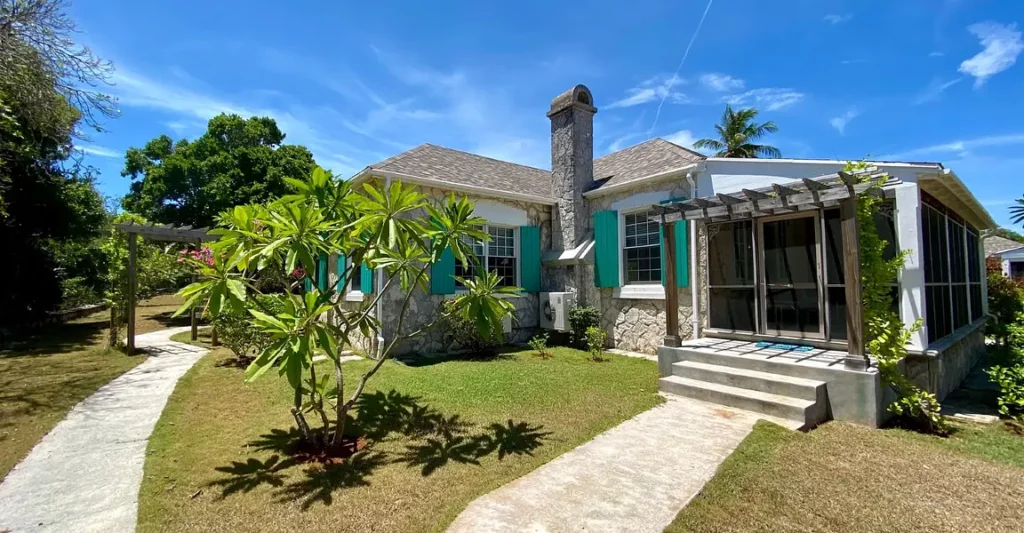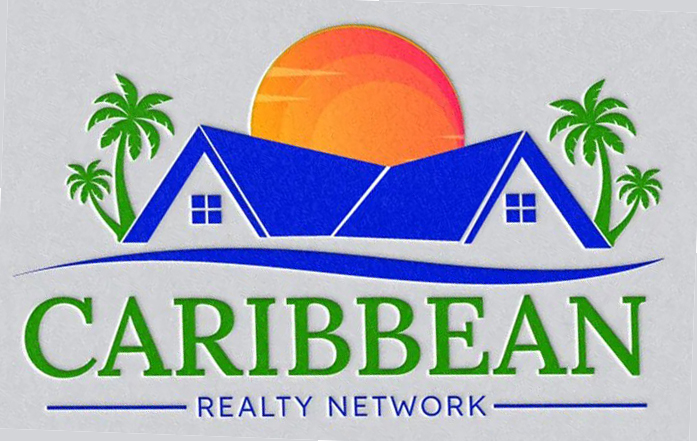Invest
Investing in Real Estate in the Caribbean
Introduction
Investing in real estate in the Caribbean is an enticing prospect for many. The region’s stunning natural beauty, combined with a growing tourism industry and favorable investment climates in many of its countries, makes it a lucrative market for real estate investors. This guide aims to cover all aspects of real estate investment in the Caribbean, from understanding market dynamics to navigating the legal landscape.

This extensive article provides a thorough overview of the considerations and strategies involved in investing in real estate in the Caribbean, offering valuable insights to potential investors. It's designed to guide, inform, and encourage a thoughtful approach to real estate investment in this unique and varied market.
Understanding the Caribbean Real Estate Market
Diversity of Options: The Caribbean consists of a variety of islands, each with its unique flavor. From the bustling markets of Jamaica to the serene beaches of the Turks and Caicos, the real estate market in the Caribbean offers something for everyone.
Market Trends: Real estate in the Caribbean is often seen as a stable investment, with certain islands offering high rental yields and appreciating property values.

Identifying Investment Opportunities
Tourist Hotspots vs. Emerging Markets: While established tourist destinations like the Bahamas and Barbados offer the security of a proven market, emerging markets may present opportunities for higher growth.
Types of Investment Properties: Consider the range of investment options such as beachfront villas, condos, commercial properties, or undeveloped land.
Purpose of Investment: Define whether the investment is for capital appreciation, rental income, or a combination of both. This will guide your property selection.
Financial Considerations and Planning
Budgeting: In addition to the property’s purchase price, factor in additional costs such as taxes, legal fees, insurance, and property management expenses.
Financing Options: Options for financing a real estate investment in the Caribbean vary. These can include local financing, international bank loans, or leveraging assets in your home country.
ROI Analysis: Calculate the potential return on investment, considering factors like rental income, property appreciation, and ongoing maintenance costs.
Legal and Regulatory Framework
Ownership Laws: Some Caribbean countries have restrictions or special conditions for foreign property owners. It’s crucial to understand these laws before investing.
Residency and Citizenship: Some Caribbean nations offer residency or citizenship programs through real estate investment, which can be an additional incentive.
Tax Implications: Understand the tax obligations both in the Caribbean country and your home country, particularly regarding income tax, capital gains tax, and inheritance tax.
Navigating the Purchase Process
Finding Properties: Utilize various channels such as local real estate agents, online property portals, and real estate investment networks to find suitable properties.
Due Diligence: Conduct thorough due diligence on the property, including title checks, property valuation, and inspection.
Negotiating Deals: Be prepared to negotiate. Understanding the local market dynamics is key to negotiating favorable terms.
Property Management and Maintenance
Managing Your Investment: For investors not residing in the Caribbean, hiring a reliable property management company can be essential for maintaining the property and managing rentals.
Insurance: Ensure adequate insurance coverage, considering the Caribbean’s susceptibility to natural events like hurricanes.
Exit Strategies
Resale Considerations: Have a clear understanding of the resale market and conditions that might affect property liquidity.
Diversifying Investments: Consider diversifying your investment portfolio within the Caribbean to mitigate risks.
Conclusion
Investing in Caribbean real estate requires a comprehensive understanding of the region’s diverse markets, a clear investment strategy, and careful financial planning. With its potential for high returns and the intrinsic value of owning property in one of the most beautiful regions in the world, Caribbean real estate remains an attractive option for investors. By staying informed and engaging with local experts, you can navigate the complexities of the Caribbean real estate market and make sound investment decisions.

